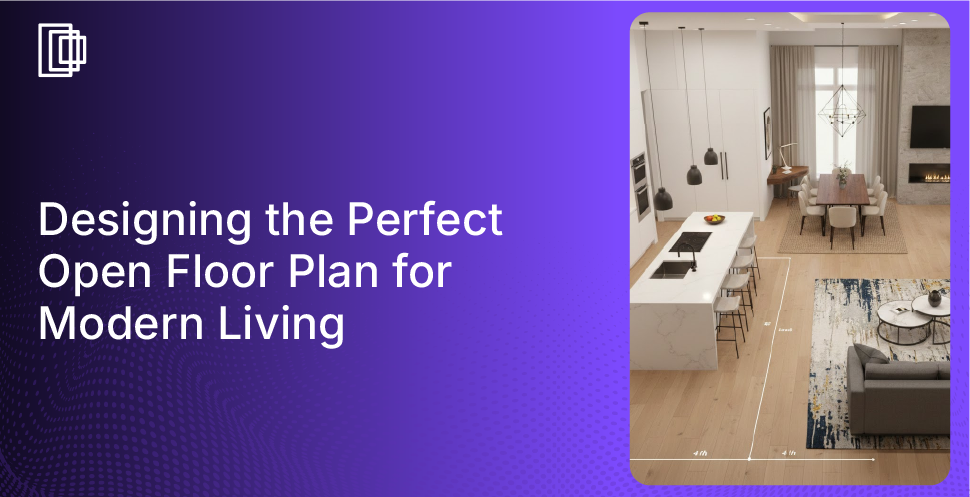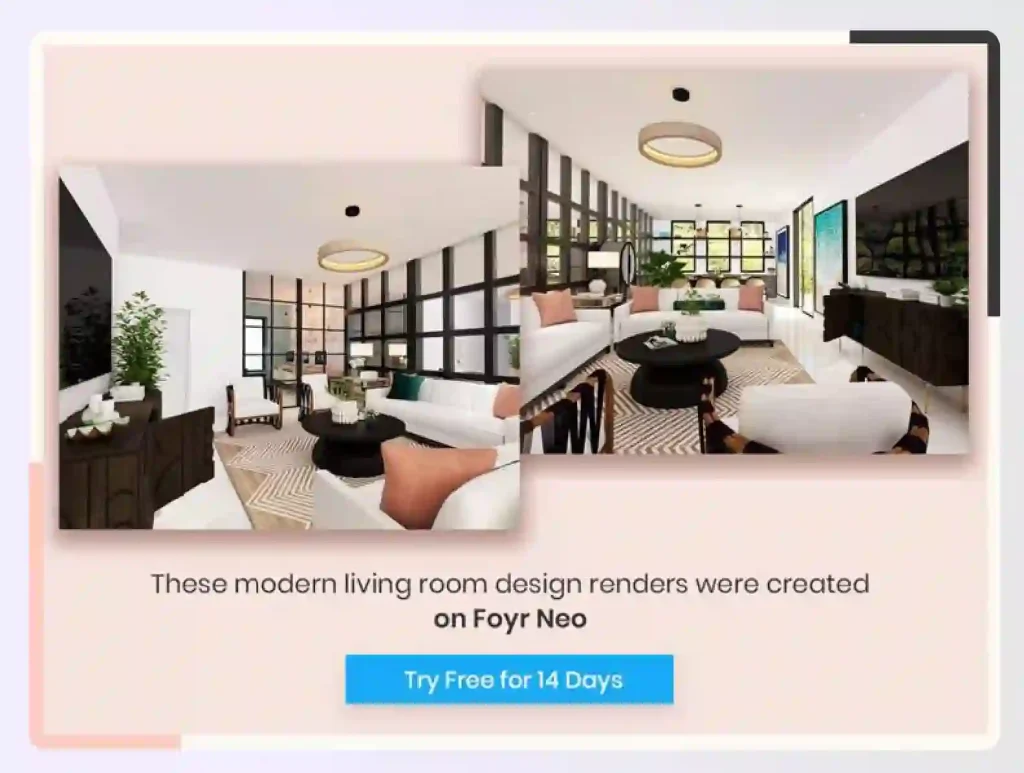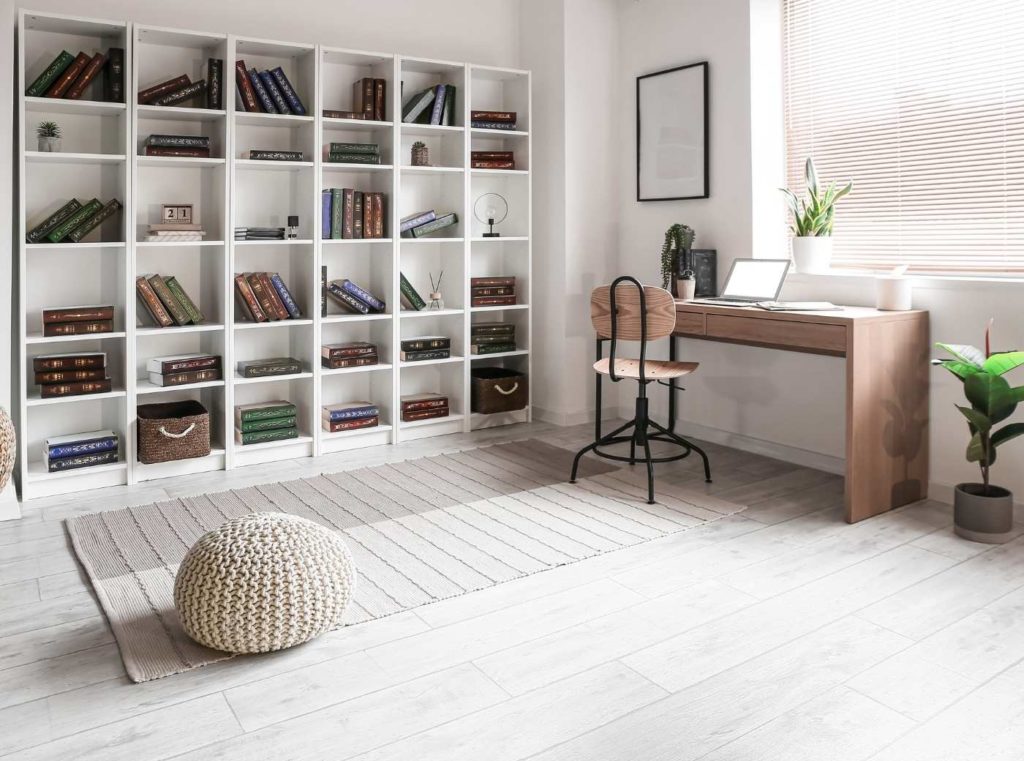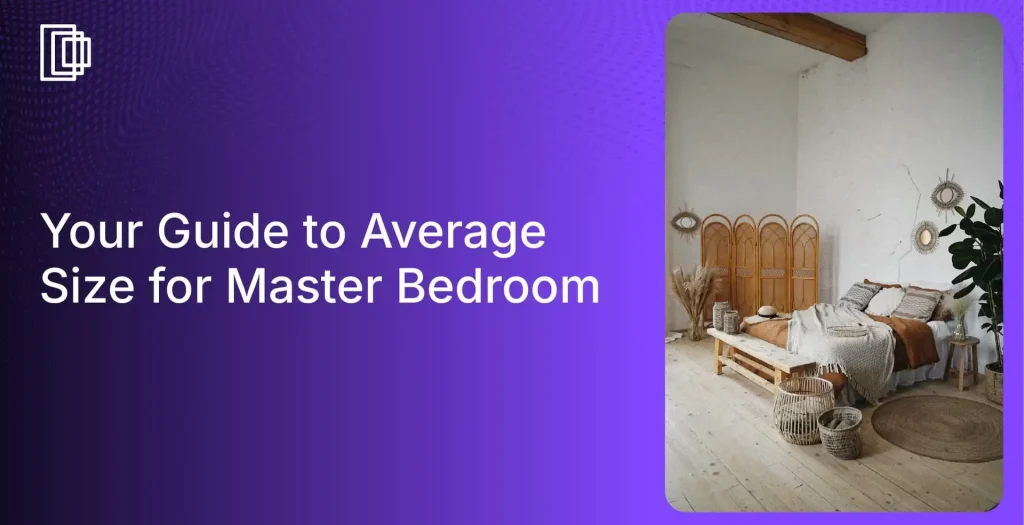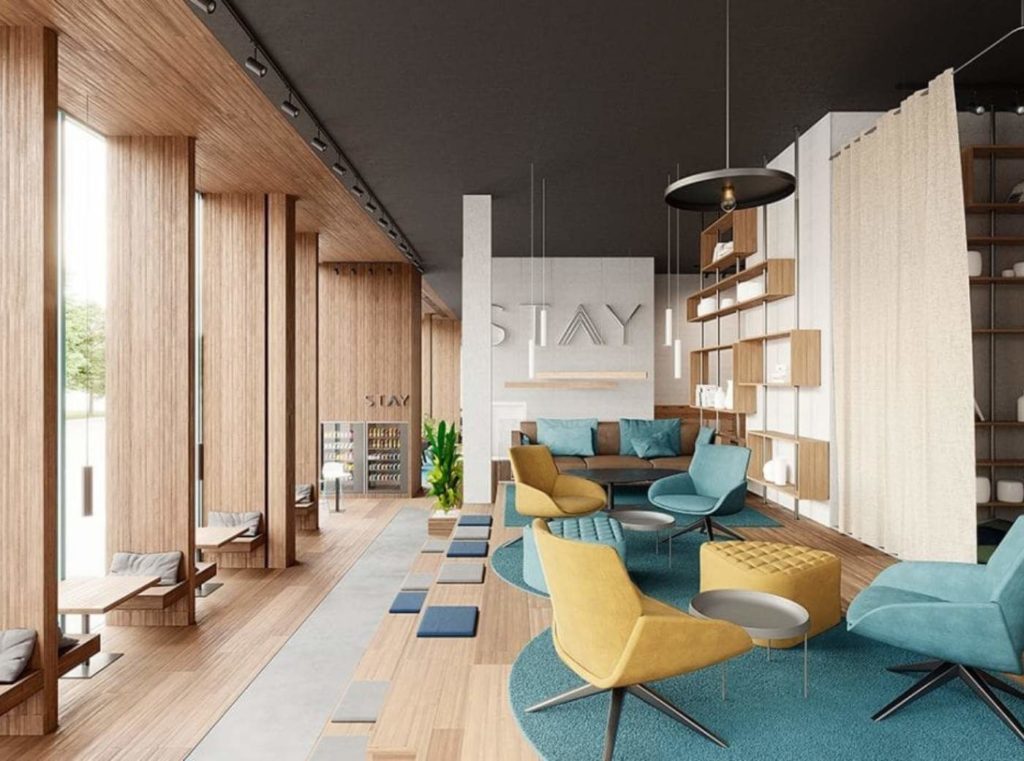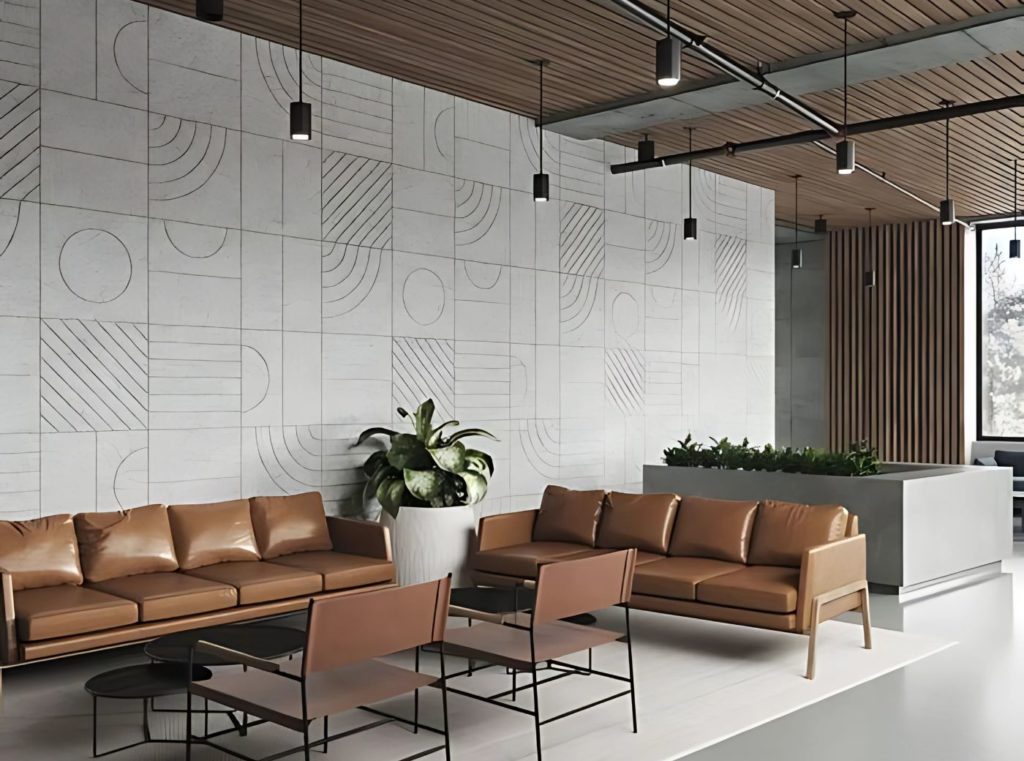Open floor plan layouts have transformed modern living by creating spacious, flowing interiors that encourage connection and flexibility. This design style removes barriers, allowing natural light and air to circulate freely. Whether you are remodeling or building new, an open floor plan layout enhances your home’s appeal and functionality.
The open floor plan layout is perfect for social gatherings, family togetherness, and maximizing smaller spaces. It blends living, dining, and kitchen areas into one harmonious environment, making your home feel larger and more inviting. With thoughtful zoning and design, this layout adapts to your lifestyle needs.
In 2026, open floor plan layouts continue to be a top choice for homeowners seeking versatility and style. From smart storage solutions to architectural highlights, these layouts offer endless possibilities for personalization and comfort.
Before proceeding further, check out this video discussing key aspects of open concept floor plans:
What is an Open Floor Plan and Its Benefits?
An open floor layout eliminates interior walls between common areas like the kitchen, living room, and dining room to create one large, multi-use space. This design is highly sought-after for its many perks that enhance modern living and make a home feel more welcoming.
Here are the key benefits of an open floor design for homes of all sizes:
- Better Movement and Flow: It improves traffic flow by removing walls and doors, making even smaller homes feel much more spacious and airy.
- The Social Connection: The design fosters a greater social connection, allowing for easy conversation between people in different zones of the home.
- Pooled Natural Light: Removing walls allows natural light from external windows to fill the entire space, creating a brighter and more inviting home.
- Increased Real Estate Value: This layout is highly coveted by buyers, which can boost your home’s real estate and appraisal value significantly.
- Ultimate Flexibility: You gain incredible flexibility to reconfigure furniture and change the layout for different seasons, holidays, or special occasions.
- Multifunctional Layouts: A single area can serve multiple functions, like a dining room that easily doubles as a productive home office space.
Read also – Floor Plan Symbols and Abbreviations
1. Define Zones with ‘Invisible Walls’ Using Furniture and Rugs
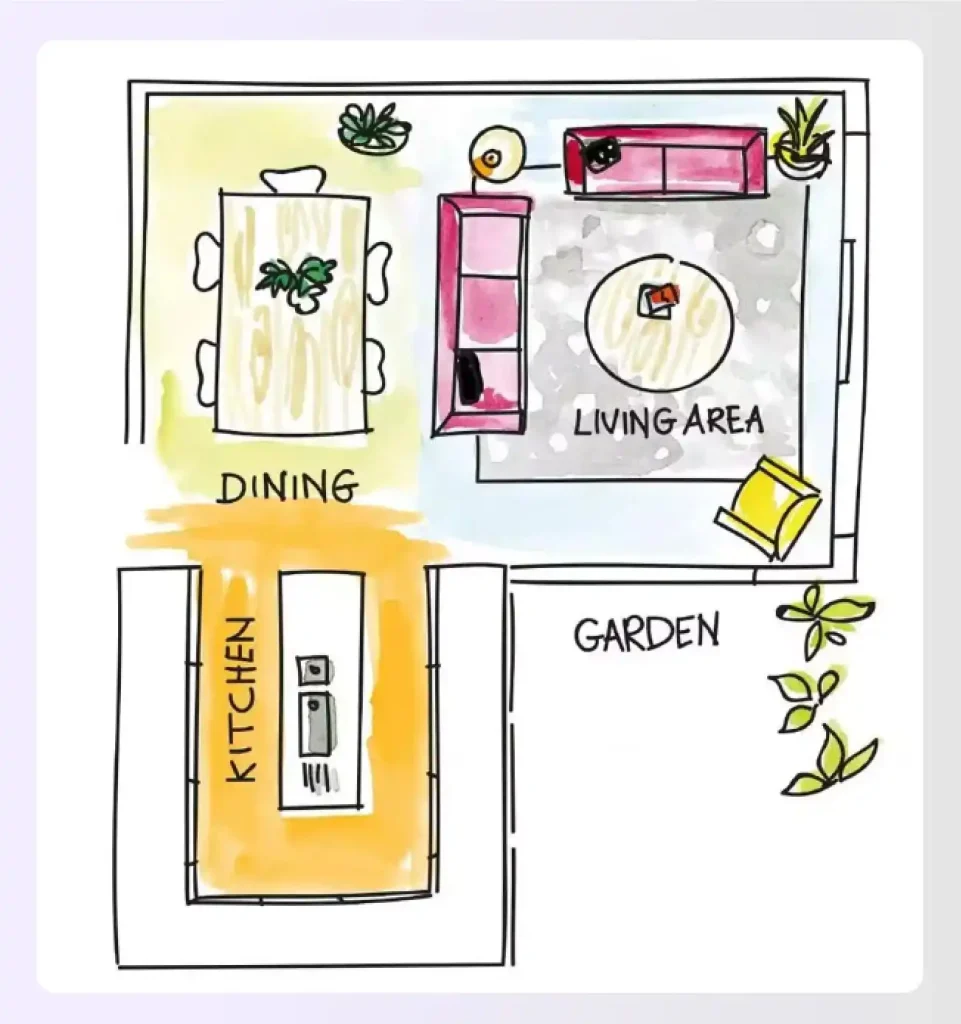
It’s easy for open floor plans to look stark and scattered. To avoid this, zoning is crucial. The easiest way, ironically, is to imagine as if there were walls around. How would you put the living, dining, kitchen, and bedrooms as separate rooms?
Use this as a template to zone out rough placement for each room. Once the zones are marked right, use connectors. Connectors in interior design are elements that bind together different areas. They can be carpets, wall treatments, architectural features, flooring, lighting, or even art. You can use these connectors smartly to delineate spaces, especially when you’re designing open-concept living rooms, or open-concept bathrooms, while also blending them with the overall design.
Read also – Top Interior Designing Software Tools to Learn in 2024
2. Anchor Your Space with a Multi-Functional Kitchen Area
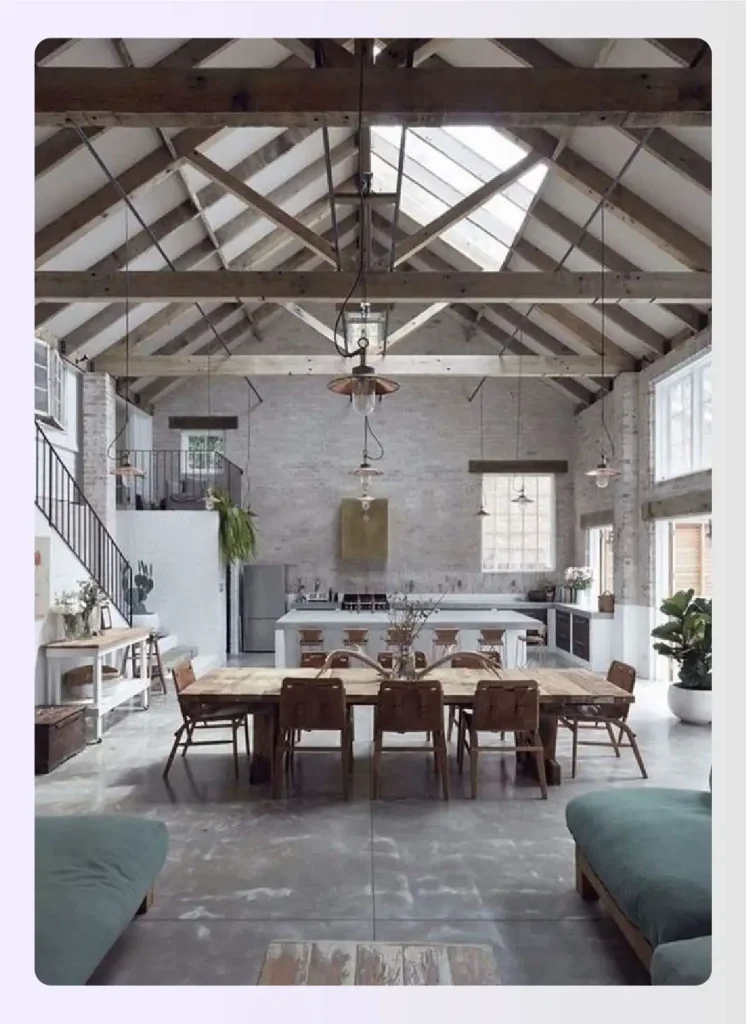
Kitchen Islands are the go-to in an open kitchen design. They double up as a serving or dining table during events and offer an unencumbered view. However, a U-shaped kitchen design can provide the same advantages but with added storage and cabinetry space. Let the flooring flow from the dining into the kitchen for a seamless conversation between the two zones.
Some designers feel an island may not be a great fit for an open-concept floor plan. You’re the best judge of what your space requires.
| Laurel Vernazza, Design Expert at The Plan Collection says, “Situate the cooktop along a wall — not on an island. In an open-concept kitchen, we always recommend installing the cooktop along a counter that runs against a wall. It may look attractive in a photo shoot, but locating a cooktop, be it a traditional stove or an induction cooktop, on a kitchen island runs into risks, challenges, and practical problems.” |
3. Merge Indoors and Outdoors with Large Glass Doors
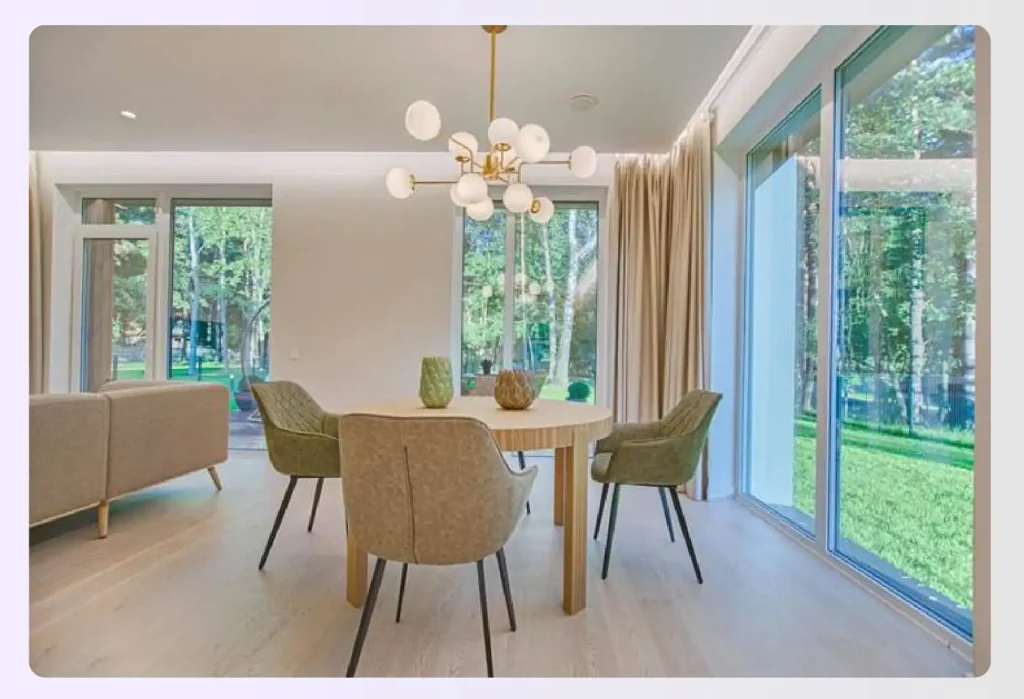
Open floor plans bridge the gap between the exterior and interior impeccably. Sizeable floor-to-ceiling glass doors and windows look right at home in an open layout. Most often, the living or dining space opens into a garden or backyard, thus inviting nature inside and making the rooms look boundless!
Having a home be part of the great outdoors can be very calming. You can utilize the said garden space on special occasions for an al-fresco dining experience easily! For a bold statement, let the same flooring pour onto the patio for a smooth transition.
Read also – All You Need to Know About Building a Smart Home
4. Turn Structural Elements into Statement Features
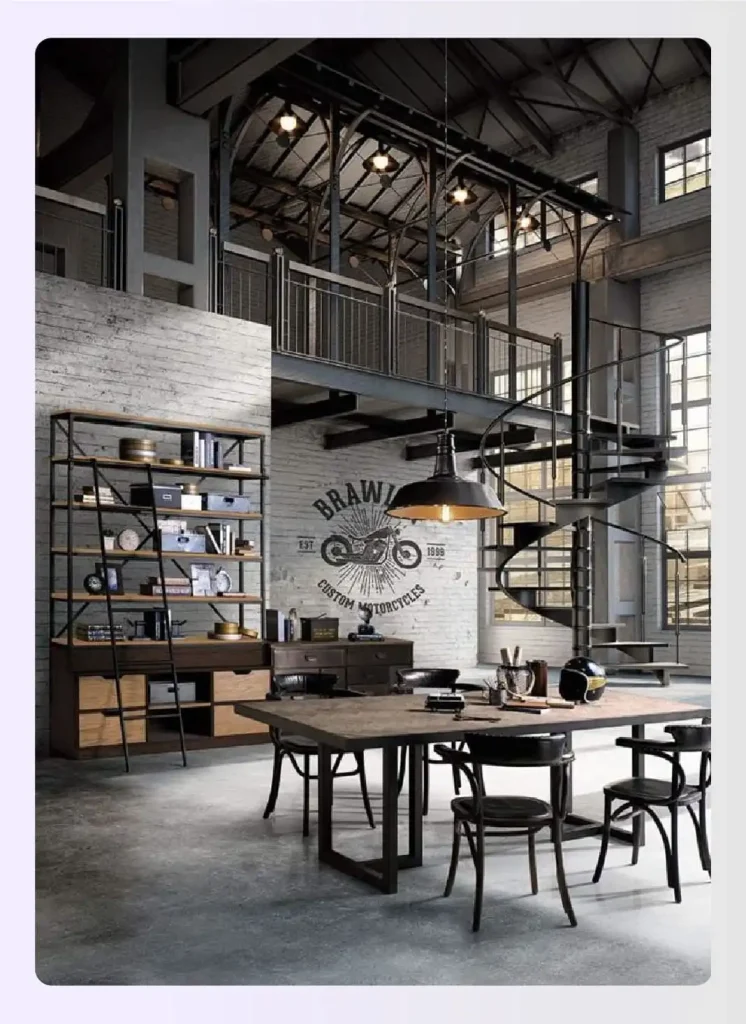
Structural features like beams, columns, and vaulted ceilings can be the superstars in open floor plans if incorporated into the design deftly. Use them to your advantage. For instance, the beam on top of a fireplace can frame the mantle like a crown. Similarly, vaulted ceilings are rare and exquisite. Be sure to draw them out with a few chandeliers for an extravagant overtone.
5. Integrate Smart and Seamless Storage Solutions
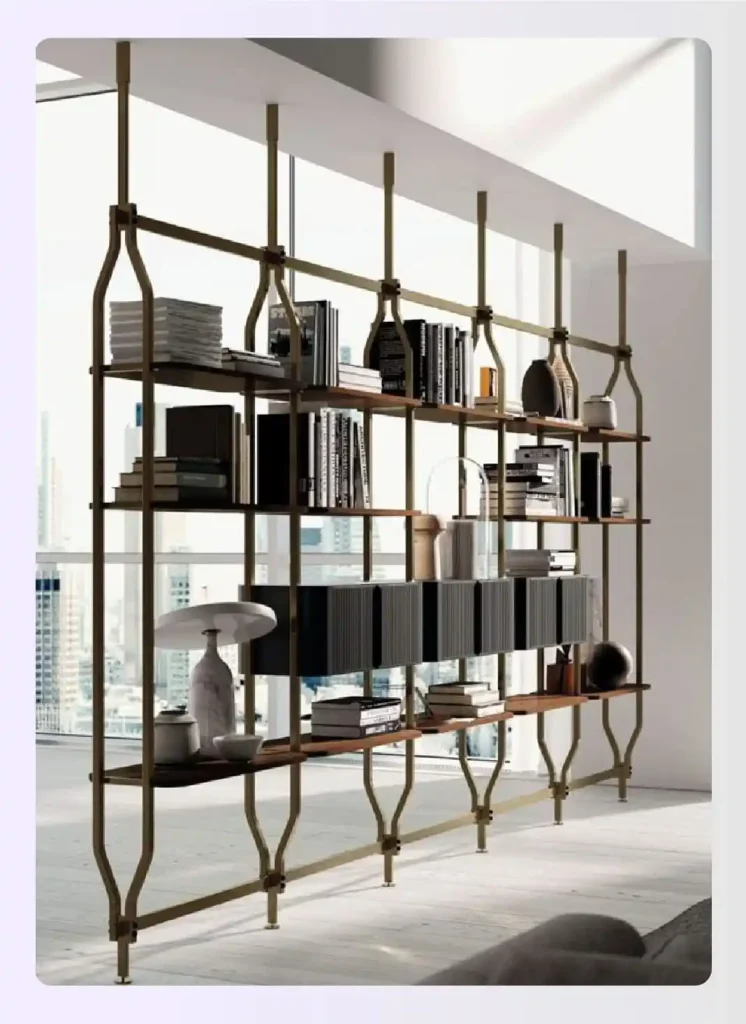
Storage remains a criterion in every interior design scheme. So don’t be afraid to make storage part of the open extension. With an open floor plan layout, one should refrain from cluttering up the space with bulky, vertical storage but rather smartly infuse it into the design. For example, you can decide to add wall panels that conceal a hidden storage closet in the living room.
Read also – 20 Best Floor Plan Apps To Create Your Floor Plans
6. Create Intimacy with a Sunken Conversation Pit
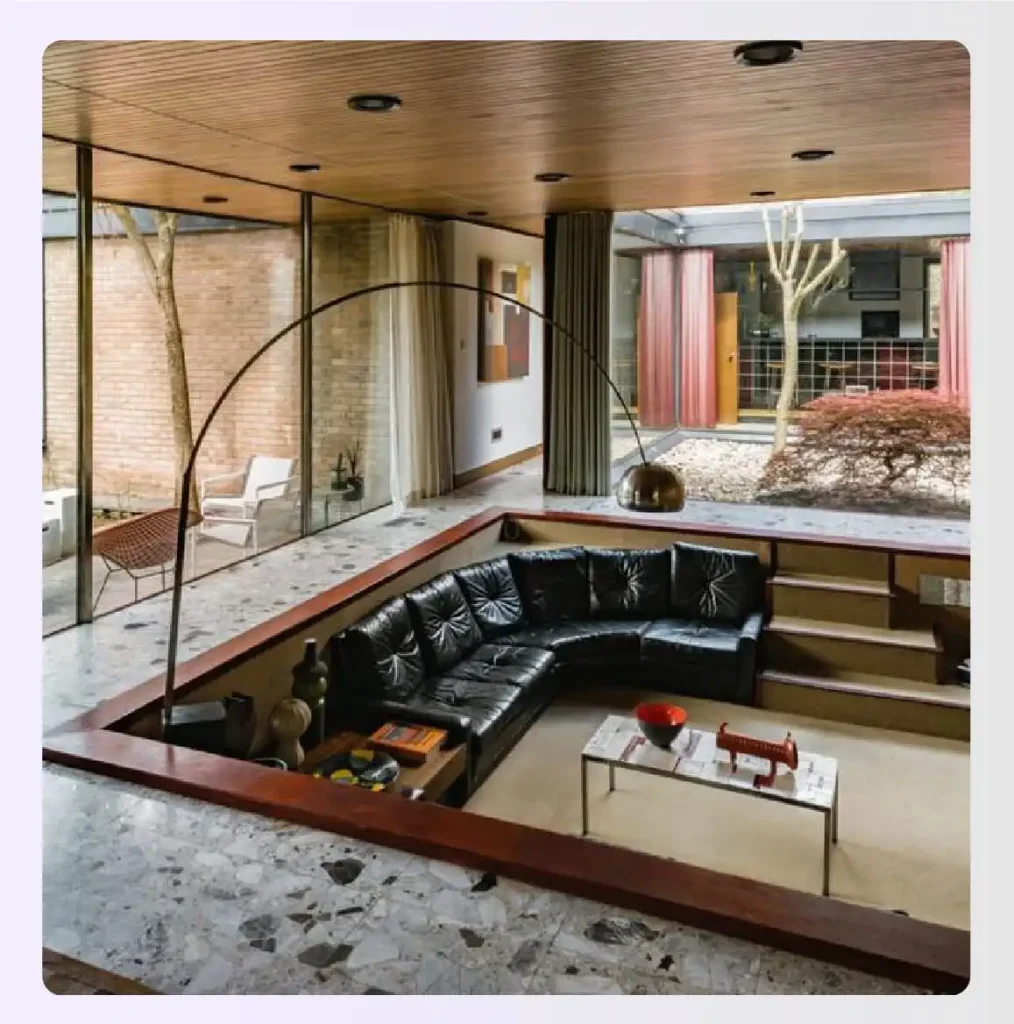
What if you wanted to demarcate an area without compromising the integrity of an open-concept floor plan? Instead of big visual blockers, create a sink to beautifully underscore the center of the living room. Depending on the depth of the drop, the recessed pit can be lined with comfortable cushions for distinctive floor seating with a low coffee table.
7. Add Definition with a Split-Level Floor Plan
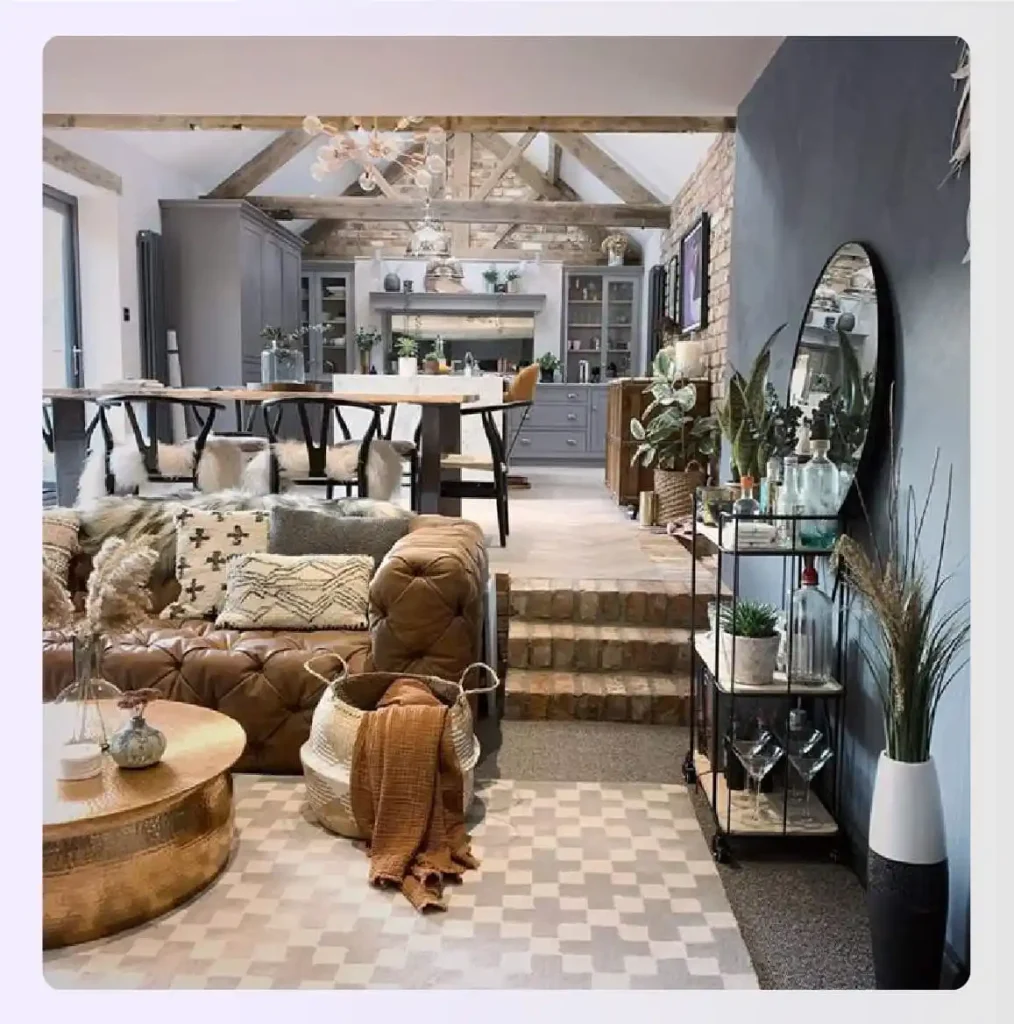
Conversely, you can also consider a split-level floor plan if you have a decent floor height to play with. Imagine adding a raised platform with a few steps leading to the kitchen. This diversity in levels also can be used to spell how communal the area is. For instance, the dining set on a raised level makes perfect sense as the center of attraction. However, a reading nook can sit snugly in a sink near the .
Read also – How to Draw a Floor Plan & Top Mistakes to Avoid
8. Use a Natural and Neutral Palette to Connect with the Outdoors
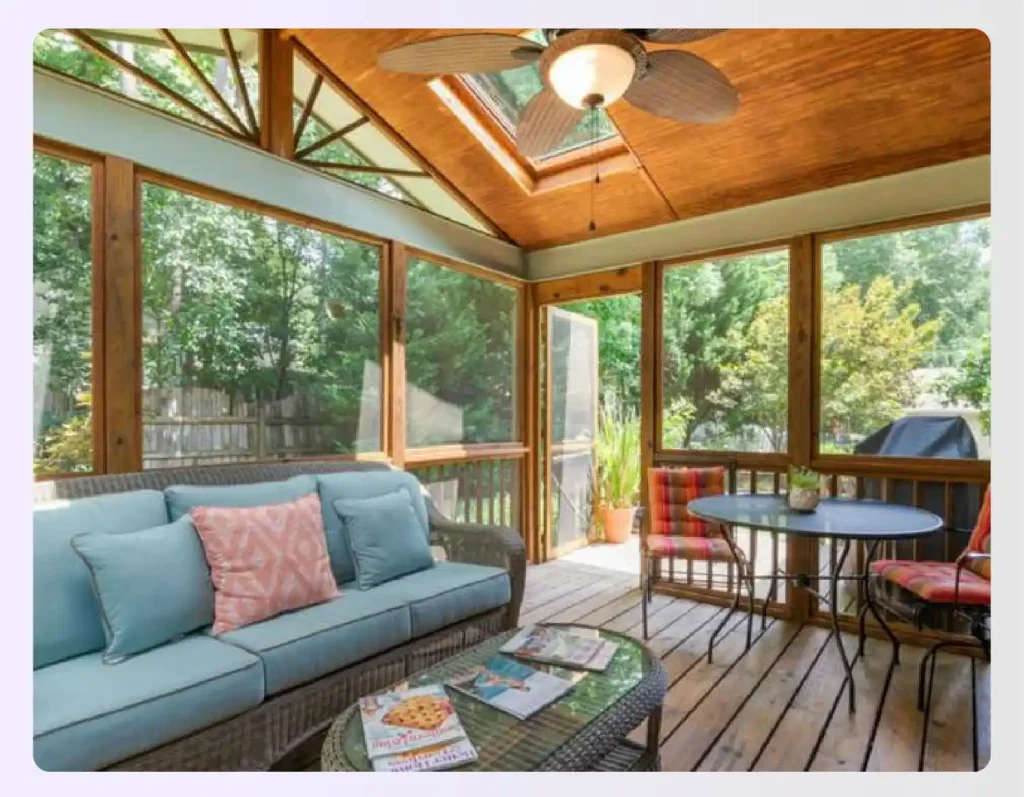
Other than large, sweeping windows, another way to visually connect the interior of an open plan with the exteriors is through a material palette. Opt for natural materials in neutral shades such as wall cladding, furniture, and even cabinets. This way, the exterior finishes can follow the same language, emphasizing the link. For instance, a tan or deep beige wall can harmonize with the sand outside.
9. Go for an L-shaped open plan layout
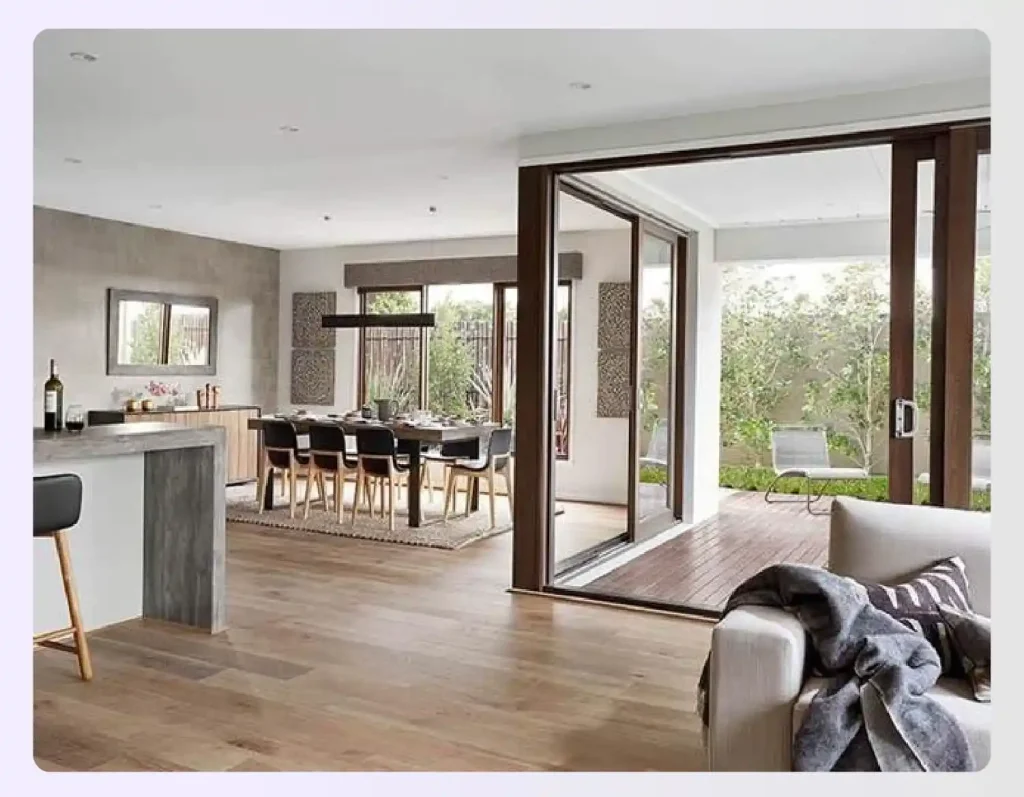
If you are planning the architecture from scratch or have the opportunity to knock down and remodel some walls, consider making an L-shaped open-plan space. Easier than a standard square or rectangle shape to break up, this design will let you zone more efficiently.
The benefit of having an L-shaped open plan is that you can have your kitchen cabinets and utilities tucked away in the corner, and the whole space feels unfettered.
Read also – 15 Modern Dining Room Ideas for Your Home
10. Plant a Barn Door
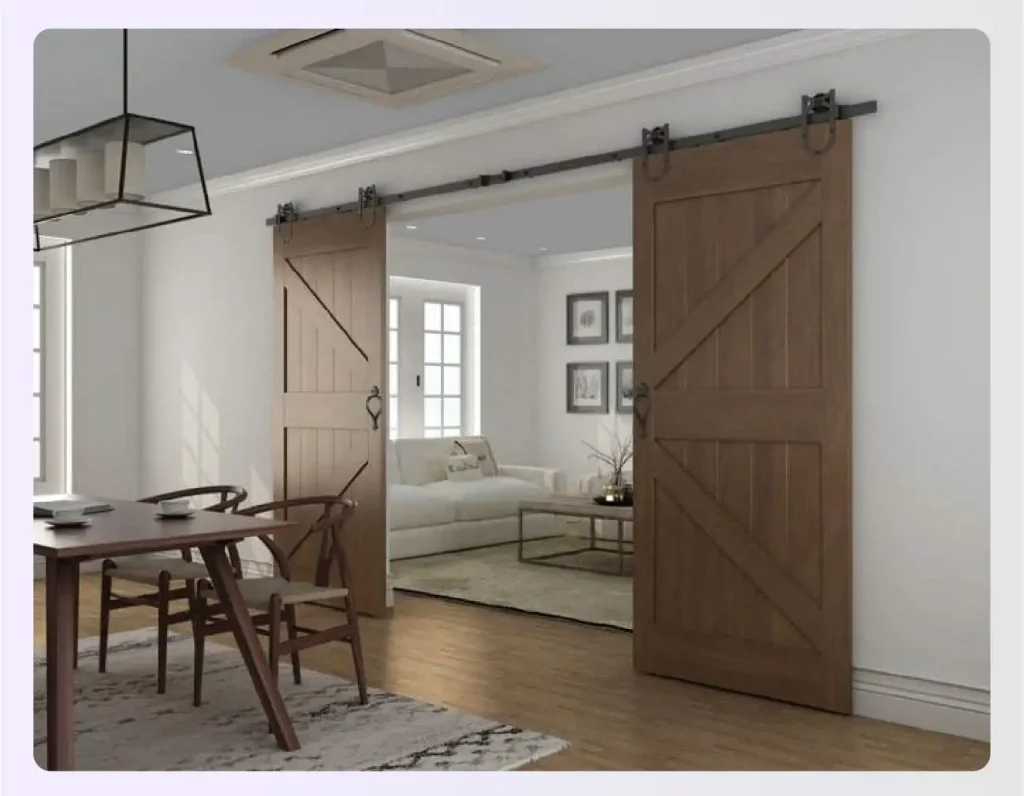
Toying with the idea of a possible semi-permanent divider? You can have a channel connected to the ceiling on which the barn door can slide in and out. This suspended door can give you the desired privacy when required and melt away into the walls at other times. Throw a barn door into your design mix and create a unique rustic atmosphere.
11. Exult personality
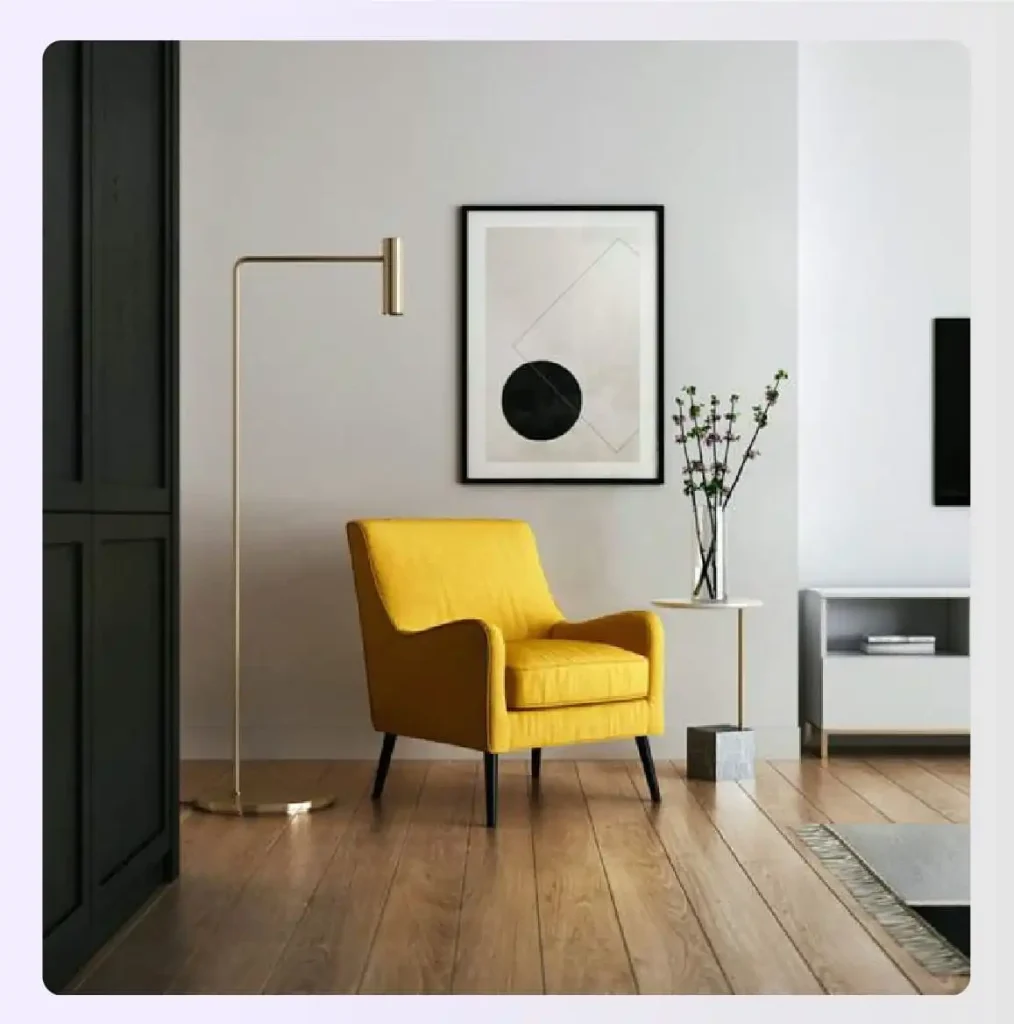
It is easy to lose that personal touch when designing an ample open space. To avoid this, you can make an effort to add personal items in common areas to make the room feel closer to the heart.
If you are thinking about a picture wall, then a neutral wall can complement some black-and-white photos of the family on the wall. Thrown in a colorful armchair with a floor lamp next to the images, and you have a cozy family reading corner.
Read also – 10 Best Home Remodeling Ideas and Home Renovation Ideas for 2024
12. Mixed mediums
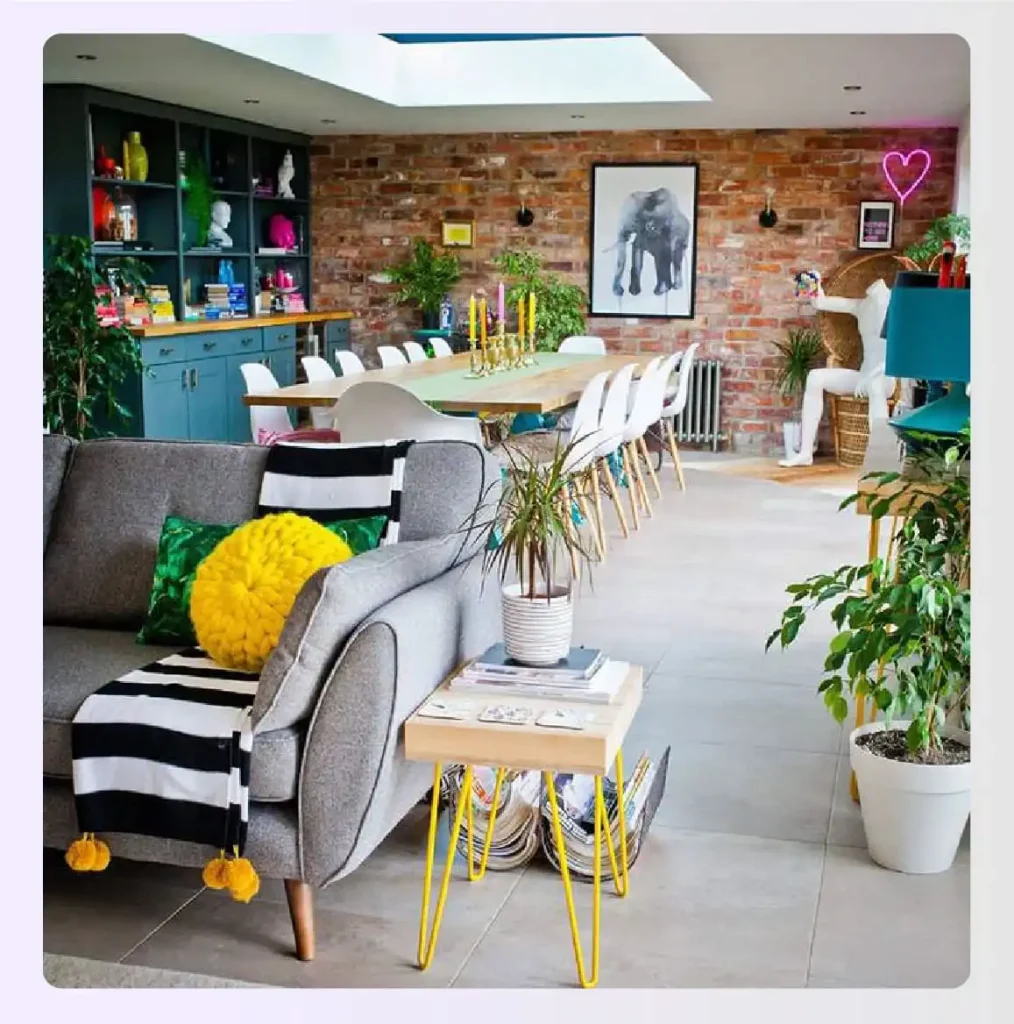
Talking of bold, define each zone with radically different elements. Each area should be highlighted with its very own unique characteristics and personality.
This contrasting scheme, for instance, can house a kitchen that exults moody, raw concrete walls, industrial fittings, and lighting, while the adjoining dining room hosts a rustic barn table and chairs with a dark wood floor. Beware that this style can go horribly wrong if not undertaken prudently by an expert designer.
| Bree Steele, an Interior Designer and Trade Accounts Manager from RJ Living says, “Gone are the days of ultra-minimalist, largely monotone designs. Think colorful shelving, statement lighting fixtures, and a mix of materials like wood, metals, and stone. The key is to use colors sparingly or as accents throughout different components. All in all, this approach allows for personal expression and can make the space stand out.” |
13. Include a corner sofa
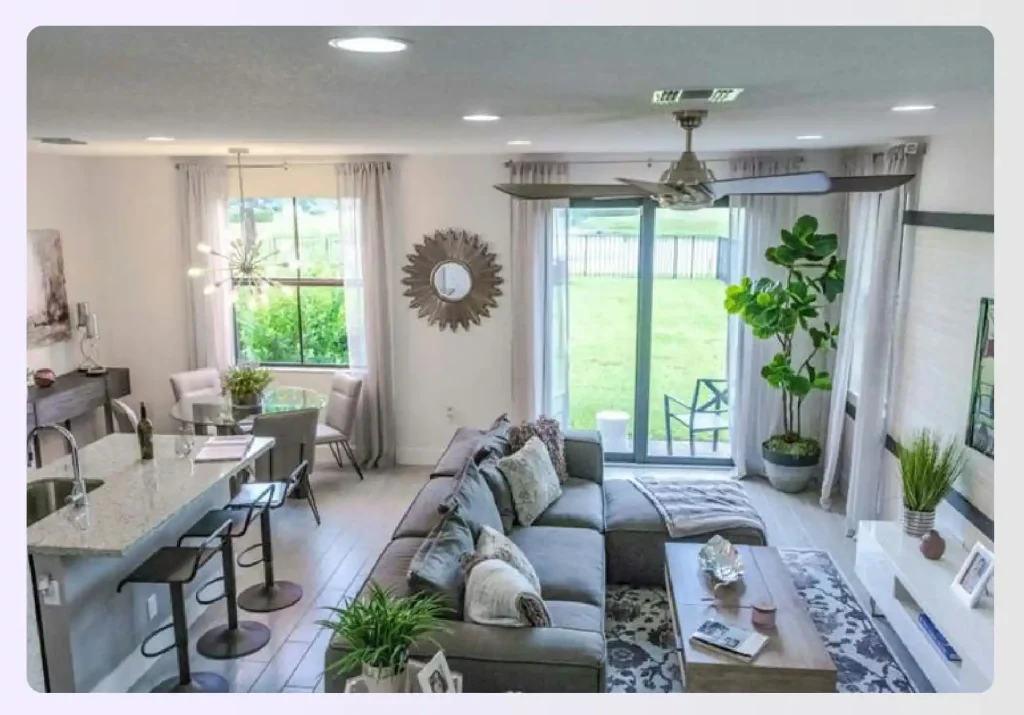
We are spoilt for choice when it comes to sofa designs. Large sectionals or L-shaped sofas are the best way to neatly cordon off the lounge area in an open-space plan. Again available in various materials and finishes, these sofas can automatically become the room’s focal point.
Read also – 20 Types of Interior Design Styles
14. Colorize zones
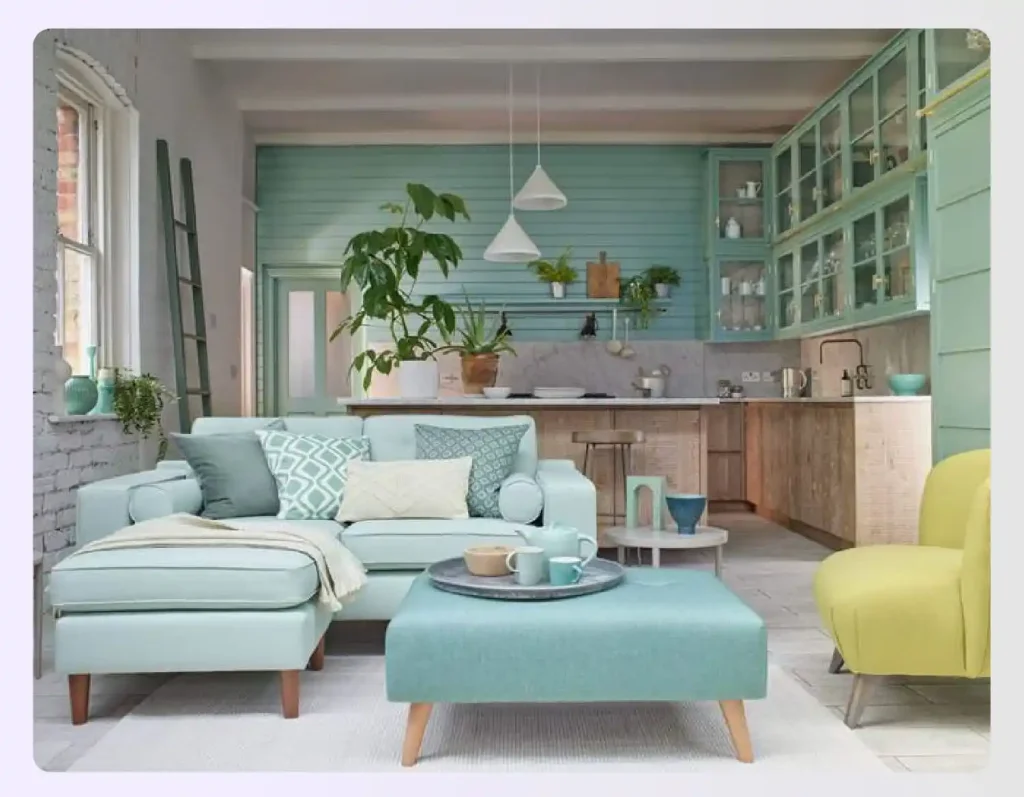
A mishmash of colors thrown together haphazardly spells disaster. You can connect all the spaces in the open floor plan by assigning them with a color scheme. You can either pick out the wall paint colors, décor, or furniture in, say, an autumnal color scheme. Or, you can go tonal, using the hues and shades of a single color.
15. Install a skylight
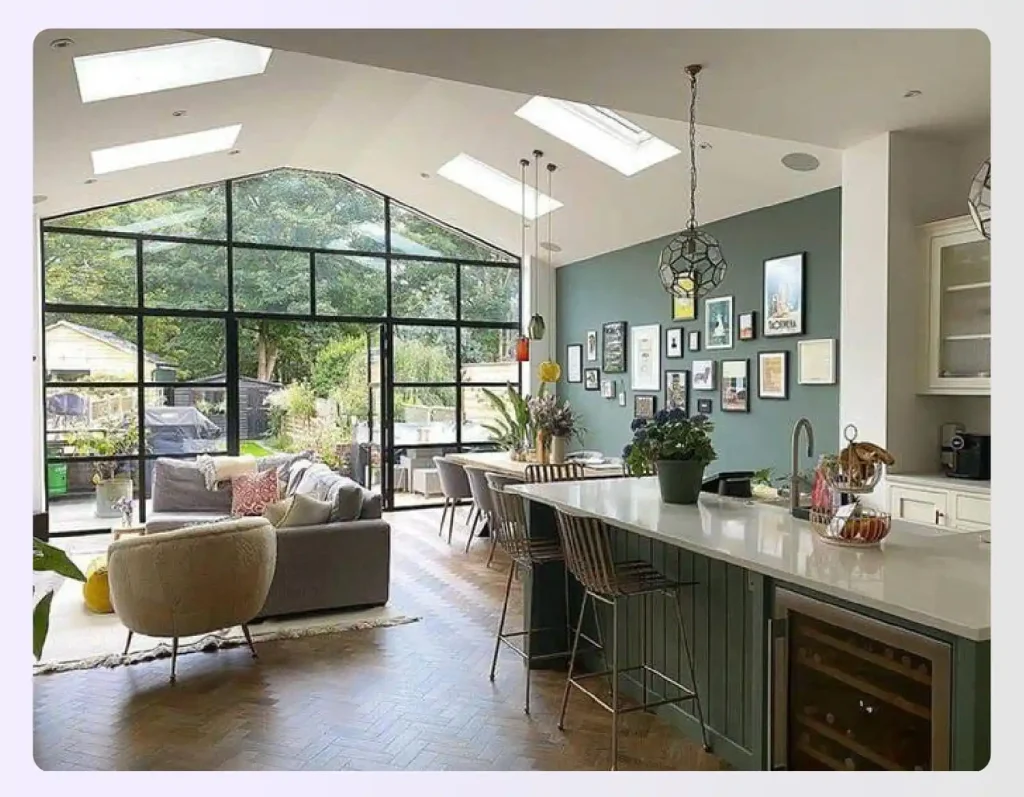
The crowning glory of any open room plan is its ability to imbibe a skylight in the ceiling. Installing a skylight can bask the center of the room in natural light, giving it that natural spotlight. It’s also a special joy to be able to star gaze from the comfort of your living room!
| Artem Kropovinsky, the principal designer and founder at Arsight says, “Sometimes it’s all about having the right light. It is not about showing your kitchen, but making it real. Combining different kinds of lighting will make an entirely new atmosphere.” |
How Foyr Neo Can Help with Creating an Open Floor Plan?
As a designer, translating your brilliant ideas for an open floor plan layout to clients can be tough. When you have so many fantastic decorating ideas, a visual tool is essential to bring your concept to life effectively and get client buy-in with popular interior design software like Foyr Neo:
- Easily draw a 2D floor plan and convert it into a 3D model with accurate measurements.
- Choose from a vast library of over 60,000 3D models of furniture, lighting, and decor.
- Experiment with different material palettes and finishes to perfect your open floor plan layout.
- Generate stunning, high-quality 12K renders in minutes to help your clients envision the final design.
Foyr Neo makes it simple to craft and present a tailored open-plan design. Show your clients exactly what you’ve envisioned and get approvals faster.
Ready to streamline your design process? Sign up for a 14-day free trial and see the difference!
Is an Open Floor Plan Right for You?
Ultimately, the best open floor plan layout is one that fits your lifestyle. While these plans offer incredible social connection and light, they can lack privacy and be challenging to keep tidy. Weigh the benefits against the potential drawbacks to decide if this modern, flowing design is the right choice for your home.
Before concluding, do check out this video on how you can create impressive floor plans with Foyr:
Frequently Asked Questions (FAQs)
Should I maintain sightlines throughout the open floor plan?
Yes, maintaining clear sightlines encourages a sense of openness and connectivity throughout the space. It’s a key principle that makes an open-concept floor plan feel so expansive and integrated, allowing for visual connection between different zones like the kitchen and living room.
How to ensure privacy in an open floor plan?
You can ensure privacy by identifying essential areas and integrating solutions like decorative room dividers, sliding doors, or strategic furniture placement. Bookshelves can also serve as semi-private barriers without completely closing off the space, maintaining functionality and comfort.
How to incorporate flexibility into the open floor plan to accommodate future changes?
Incorporate flexibility by using modular furniture, multipurpose spaces, and adaptable layouts. This allows for future-proofing your design so it can easily evolve with your changing needs, whether you need a home office, a play area, or extra seating for guests.
How to arrange furniture in an open floor plan?
Arrange furniture to create distinct “zones” for different activities. Use area rugs to anchor seating groups and create pathways for traffic flow. Exploring options like modular seating, ottomans, or convertible furniture allows for flexibility in seating arrangements.
How to integrate soundproofing measures within the open floor plan?
To manage noise, use soft materials like large area rugs, curtains, and upholstered furniture to absorb sound. Exploring options like soundproof insulation, acoustic panels, or double-glazed windows also helps in creating a quiet and comfortable environment.
What are the disadvantages of an open floor plan?
The main disadvantages are a lack of privacy and acoustic separation, which can be an issue for remote work or study. It can also be challenging to contain clutter and cooking odors, and creating distinct zones for different activities without physical walls can feel chaotic if not designed properly.
What is the difference between an open and closed floor plan?
An open floor plan layout removes interior walls between main living areas (kitchen, living, dining) for a single, large space. A closed floor plan uses walls and doorways to create distinct, separate rooms, which offers more privacy and sound control. You can use a tool like Foyr Neo to visualize both options for your space.


